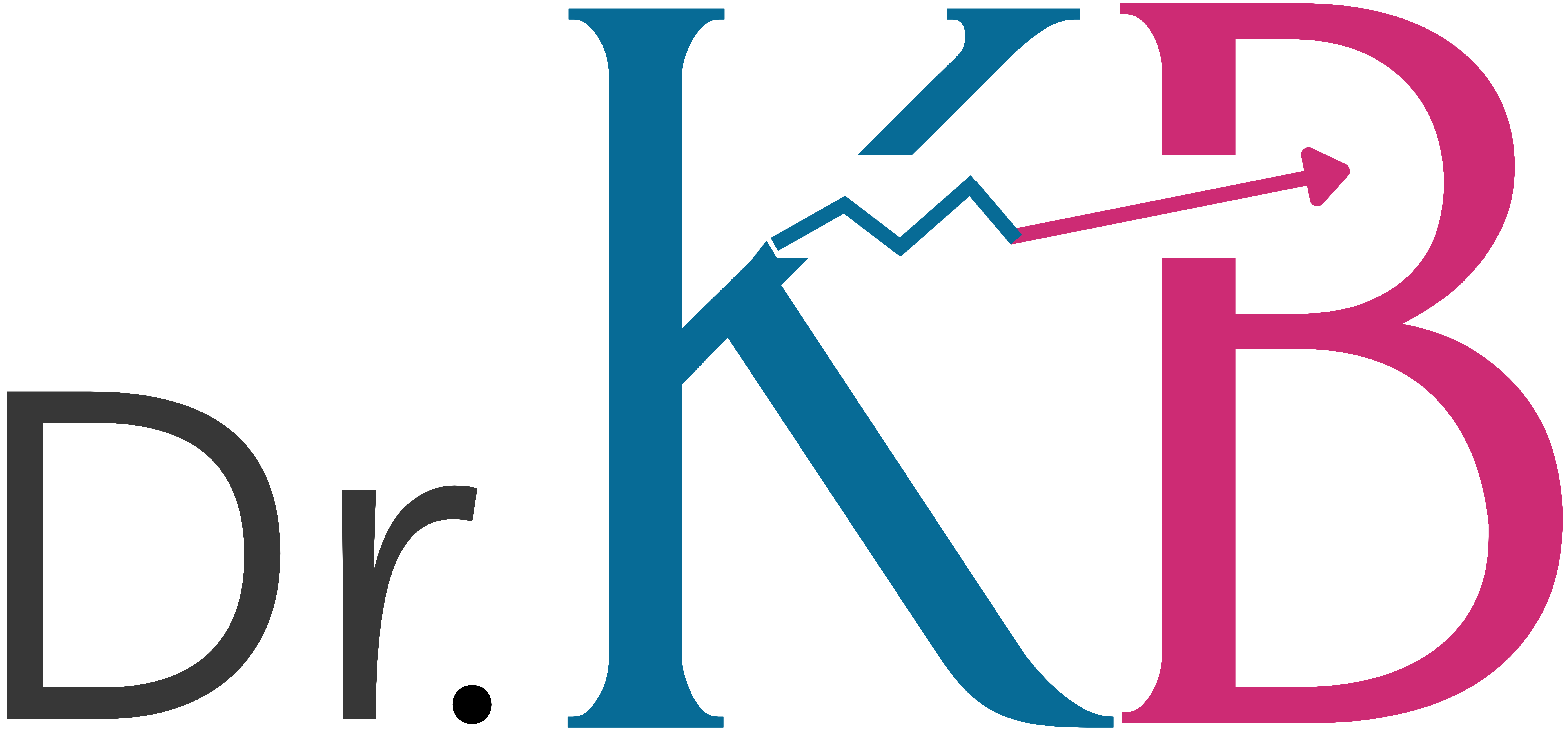In the discomfort of failure, we learn
/ Blog
“Learning is the difficult work of experiencing incompetence on the way to mastery” –Seth Godin
We’ve all been there. The pain of incompetence while learning a new skill.
When we start off on the learning journey, it’s relatively easy to adopt a beginner’s mindset. We are enthusiastic and appreciate the freshness of the unknown territory. We don’t expect ourselves to know anything. We are in the early stages of conscious incompetence†.
After a period of time, the freshness wanes and we become even more aware of our “incompetence”. This is when trainees lament that the “new facts are pushing out the older ones”, or, “The more I know, the less I know”. We might forget the basics and make “dumb mistakes” or misapply a skill. While addressing one area of weak performance, a stronger area may get compromised. It’s as if the learning process mimics the movement of tectonic plates just beneath the earth’s surface, shifting and drifting‡ in search of their resting place in the mind.
During this phase, it’s important to keep going despite these challenges.
Expect errors and the discomfort that comes from making them. Acknowledge and identify the feeling under the discomfort: embarrassment? shame? humiliation? This can be challenging to do but is essential for skill development and growth. As Susan David PhD observed, “Discomfort is the price of admission to a meaningful life”. And in the learning process, acknowledging the feeling is not enough. We must also reflect on the error.
When we reflect, objectively, on the event, we figure out where we went wrong and make the necessary adjustments to move forward. When a ship goes off course, it doesn’t turn around and go back to the harbor. Instead, it re-adjusts the sails to find a new current in the direction of the destination. As Ray Dalio points out: PAIN + REFLECTION = PROGRESS
The learning process is challenging, but infinitely rewarding. As the error/s become part of our past, we see they were nothing more than a blimp on the radar. And we will then be on our way to the next stage in the learning process: conscious competence†
“If you’re not failing, you’re not pushing your limits, and if you’re not pushing your limits, you’re not maximizing your potential” – Ray Dalio.
In the final stage of learning, unconscious competence†, our ability to persist, takes us to mastery and success. As the best basketball player of our time, Michael Jordan, said:
“I’ve missed more than 9000 shots in my career. I’ve lost almost 300 games. 26 times, I’ve been trusted to take the game winning shot and missed. I’ve failed over and over and over again in my life. And that is why I succeed.”
Sources:
- Seth Godin
- † Martin M. Broadwell. Teaching for learning
- ‡ HT to Etienne Barnard
- Susan David, PhD. Emotional agility Emotional Agility
- Ray Dalio. Principles for Success

